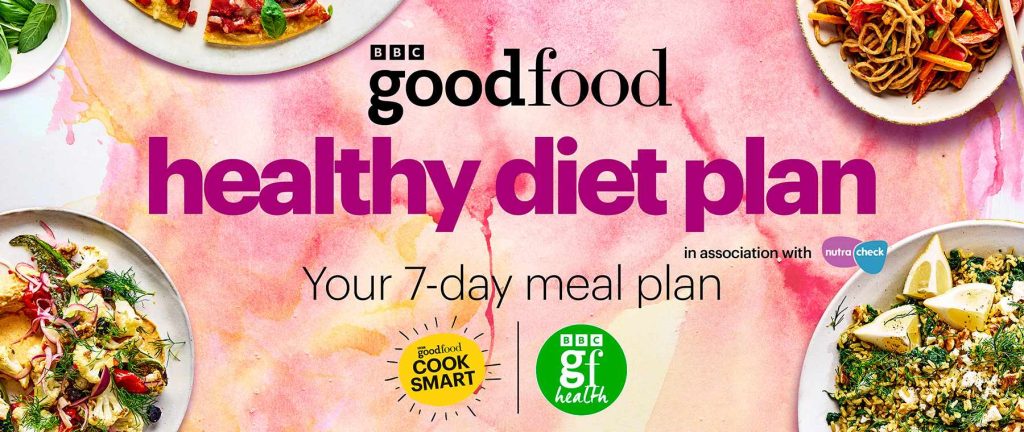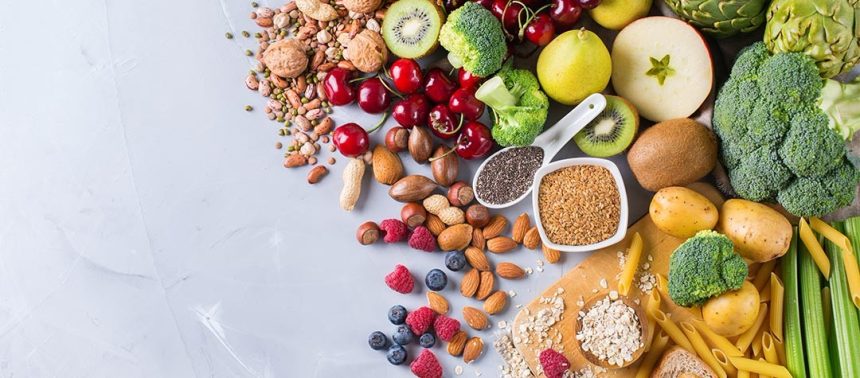Tip 1: Drink plenty of water and other low-calorie drinks
Drink a glass of water before opening the bag of potatoes. If water doesn’t work, try hot water or herbal medicine and fruit.
Tip 2: Choose an evening meal
Overeating usually happens after dinner after sitting down and resting. After an hour, turn off the stove or grab a low-calorie snack like a 100-calorie cookie or low-fat ice cream.

Tip 3: Enjoy your favorite foods
Instead of completely giving up your favorite foods. Be an infrequent shopper and buy a box of freshly made cookies, or buy a few boxes of treats instead of a single bag. You can enjoy your favorite food. But balance is key.
Tip 4: Eat lots of small meals throughout the day
If you eat fewer calories than you burn, you will lose weight and if you are always hungry, it is difficult to eat fewer calories. Dinner should be eaten later.
Tip 5: Eat protein at every meal
Protein is a complete food. They are more satisfying than carbohydrates and fats. It also helps you feel full longer and helps you stay fit and burn fat. So make sure you include good proteins such as seafood, lean meat, egg yolks, yogurt, cheese, soy and nuts in your diet.
Tip 6: Add spices
Add spices or hot peppers to your food for an extra flavor that can help fill you up. “Foods full of flavor will stimulate your appetite and make you feel full. So you don’t eat too much,” says Malena Perdomo, RD, a spokeswoman for the American Dietetic Association. When you want something sweet give a drink of red hot candy. It’s sweet and spicy and low in calories.
Tip 7: Eat lots of healthy and nutritious food in the kitchen
The meals and portions prepared will help you succeed. If you can cook a healthy meal in 5 or 10 minutes, you won’t be able to get into your car or order a pizza. Frozen vegetables, whole grain pasta, cottage cheese, canned tomatoes, canned beans, grilled chicken breast, whole grain tortillas, or….Cooks and Vegetables A salad bag is also important.
Tip 8: Feed the children in the cafeteria
Eating kid-sized meals can help reduce your calories and balance your diet. The menu is so popular that if you order from the kids menu, most servers won’t take their eyes off you. This makes the lobster healthy, and if it’s full, so should your stomach.
Tip 9: Replace 1 cup of pasta with 1 vegetable
By reducing the amount of starch in your plate and eating more vegetables, you can cut 100 to 200 calories. Just eat less pasta and bread and more vegetables. You can save money,” said Cynthia Sass, spokeswoman for the Institute of Nutrition and Dietetics.
Tip 10: Always eat breakfast
It may seem like a common best diet tips but skipping breakfast helps you lose weight, but some studies show it may be the other way around. This can lead to overeating and overeating at lunch and dinner. So always make time for a healthy breakfast.
Tip 11: Add more fiber to your diet
Nutritious foods help with digestion. Prevents constipation, lowers cholesterol, helps with weight loss Most Americans get half of their fiber needs, about 25 grams a day, while men need 38 grams, or something like 14 grams per 1,000 calories. Good source of fiber. Include oats, beans, whole grains, legumes, and plenty of fruits and vegetables.
Tip 12: Clean out your pantry
If you have French fries in your pantry and ice cream in your freezer, you’re making it worse than it needs to be. Reduce temptation by cleaning out your fat stores. Need an occasional treat? Remember to leave the house when you go shopping. It is better for you to walk.
Tip 13: Lose weight slowly
If you try to lose weight but not as fast as you think. Don’t give up. Losing weight takes time, just like gaining weight. Experts recommend a weight loss goal of 1-2 pounds per week. If you set your expectations too high, you will lose weight even if you don’t lose it quickly. Remember, you can see health benefits by losing just 5% to 10% of your body weight.
Tip 14: Measure yourself weekly
People who exercise regularly are more likely to lose weight effectively. However, most experts recommend checking your weight once a week. Follow these instructions when applying to avoid daily changes. Measure yourself at one hour during the day. Same day, same picture, same outfit

Tip 15: Get enough sleep
Lack of sleep causes the body to produce more ghrelin, a hormone that increases hunger. Instead, they produce the hormone leptin. Getting enough sleep can help you feel calm and content. Don’t eat junk food.
Tip 16: Identify size
We often use weights when we eat. It’s easy to take that idea home. Watch your food intake. Use a kitchen scale and measuring cup to weigh out a week’s worth of food for a week or two. Reduce food intake by using smaller bowls and bowls. Divide your meal into two portions – two in one large bowl. Instead of eating straight from the bag, offer a variety of food.
Tip 17: Eat plenty of fruits and vegetables.
The best “diet” is lots of fruits and vegetables and plenty of vegetables. Don’t be hungry. This healthy food contains both fiber and water. All food is good if chosen well.
Tip 18: Don’t drink alcohol on the weekends.
How many calories are in alcohol? A 5-ounce bottle of wine has 125 calories, and a bottle of beer has 153. This is because our bodies don’t need these calories. So sometimes you can turn to fat if you want to drink, consider the basics. Drink your favorite alcohol only on weekends. 1 cup a day for women, 2 cups for men.
Tip 19: Chew sugar-free gum
Then eat fat as often as you want. Look for sugar-free gum. Chewing a type of gum can help you breathe fresh and reduce your appetite. Reduces appetite and helps you lose weight (remember that high consumption of sorbitol, alcohol, and sometimes low-calorie gum can affect your saliva for some people, which means you can stop eating properly
Tip 20: Keep a food diary
Along with the wonderfully simple use of paper and pencil, research shows that writing down what you eat and drink can help you better understand what, when and how much you eat. This will ultimately reduce your caloric intake. One study found that people who had vegetables six days a week lost twice as much as those who ate only one or two days a week.










